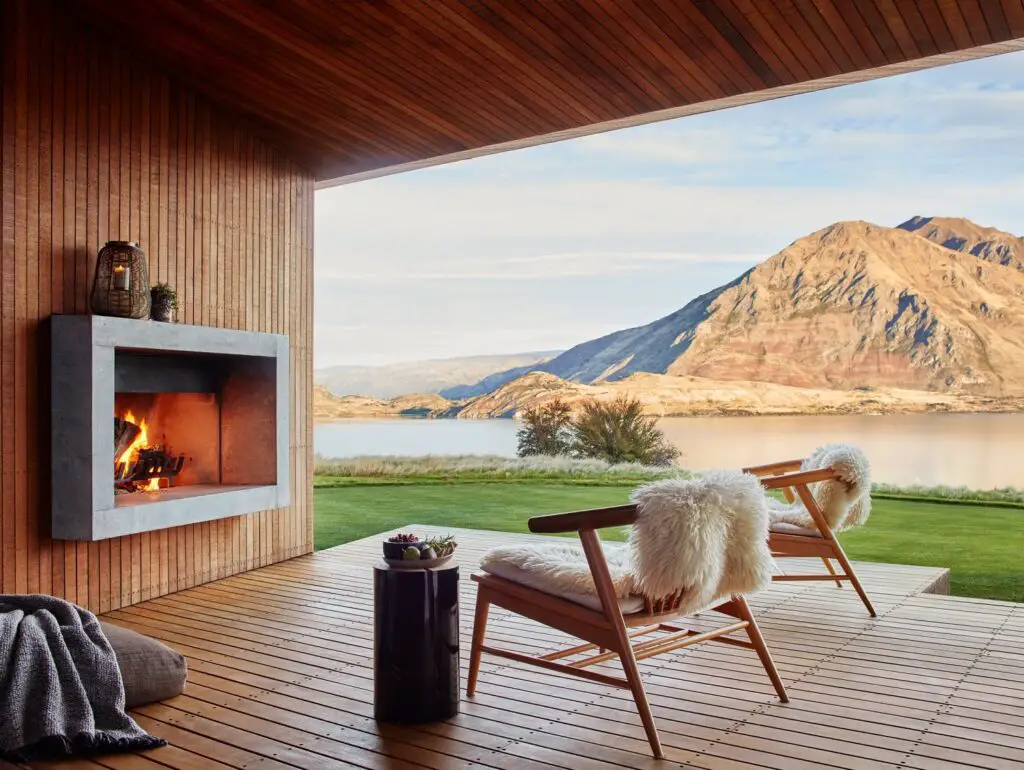- South Africa boasts 43,400 listings and an income of above US$95 million.
- Revenues quadrupled to US$1.3 billion in the second quarter of 2021.
- Airbnb simply means “air bed and breakfast,” and has an estimated worth of US$110 billion.
Revenues quadrupled to US$1.3 billion in the second quarter of 2021 as compared to 2020, which stood at US$335 million, before seeing an exponential rise to US$2.2 billion in the third quarter. The net income stood at US$834 million
South Africa boasts 43,400 listings and an income of above US$95 million; Morocco has 21,000 listings and an income of above US$22 million; Kenya has 5900 listings and a US$3.9 million income.
As the company bounces back, Brian Chesky, CEO of Airbnb, offered US$250 million to hosts that had been hit hard by the pandemic.
Read: Luxury hotel opening boosts tourism prospects for Africa’s second most visited country
Since its launch in South Africa in 2010, Airbnb, a hospitality booking platform that started in the United States, has undergone consistent growth in Africa.
Airbnb simply means “air bed and breakfast,” which has an estimated worth of US$110 billion.
It established its roots in Africa because of the tourism industry that had been flourishing until the onset of Covid-19. The tourism sector contributed 8.1 per cent of Africa’s gross domestic product as of 2019. The Airbnb market has significantly disrupted the hotel industry.
In Africa, South Africa has the biggest Airbnb market, accounting for half the listings in Africa.
In 2021, Airbnb registered 2.9 million hosts, with 100,000 of those coming from Africa. Approximately 14,000 hosts are now joining every month. It has reported 7 million listings and has spread to over 100,000 cities in 220 countries and regions.
South Africa boasts 43,400 listings and an income of above US$95 million; Morocco has 21,000 listings and an income of above US$22 million; Kenya has 5900 listings and a US$3.9 million income.
As of 2020, Airbnb hosts in South Africa were earning an average of R28,000 per month.
The Covid pandemic has shaken the Airbnb market. Millions of customers cancelled bookings, and the sector reported a drastic fall in reservations. Curfews and travel restrictions meant people stayed in their homes. Airbnb reported a revenue drop of 80 per cent. It looked like the company was heading for a downfall. It had to borrow US$2 billion in emergency funding from its investors. In its attempt to combat the pandemic, it laid off 25 per cent of its employees.
Airbnb has bounced back strongly. As vaccinations rise and travel restrictions ease, more people are travelling. In the 2021 third-quarter financial results released on November 4, 2021, the company recorded the highest ever return in revenue.
Revenues quadrupled to US$1.3 billion in the second quarter of 2021 as compared to 2020, which stood at US$335 million, before seeing an exponential rise to US$2.2 billion in the third quarter. The net income stood at US$834 million.
Airbnb is, no doubt, going back to the exponential rate of growth that was experienced before COVID-19.
Read: South Africa, Airbnb discuss regulation of short-term home rentals
Countries in Africa that have Airbnb hosts are South Africa, Morocco, Nigeria, Mozambique, Kenya, Rwanda, Cote Divore, Algeria, Zimbabwe, Egypt, and several others.
In an Airbnb survey in 2019, guest growth in five countries was reported to have increased by the following percentages from 2018.
Nigeria-213 per cent, Ghana-141 per cent, Mozambique-136 per cent, Rwanda-73 per cent, and South Africa-73 per cent.
The company believes that it has a very good shot at stirring up the tourism industry in Africa. The survey showed 82 per cent of guests who visited South Africa were more likely to return because of Airbnb.
Airbnb dominates the hotel industry because it is widely available and provides local, authentic, and sustainable travel experiences.
As the company bounces back, Brian Chesky, CEO of Airbnb, offered US$250 million to hosts that had been hit hard by the pandemic.
The act of generosity did not sit well with the company’s financial team, who said that unforeseen financial problems could arise from Cheeky’s idea of economic stimulation.
Nate Blecharczy, Airbnb’s technical co-founder, had, however, said the company needed the policy to deploy funds in a balanced way that did not concentrate the cash on too few hosts that the impact was not felt.
He distributed the cash to 650000 hosts, who were paid 25 per cent of their lost income against Chesky’s target of 4 million potential hosts.
To adapt to the changing times, Airbnb is creating a massive inventory for hosts with properties away from cities, better suited for longer stays and for remote activities.
In an interview with CNN, Chesky said that the company had already seen activity surpass 2019 levels even without a complete reopening of cross-border travel.
Before the pandemic, we used to live in one place, work in another, and travel to a third place. Chesky said. Now all three are in one place, and they can be anywhere we want them to be. Covid-19 has taught people that they can work from home, which is one of the reasons why the Airbnb industry is thriving.
The company said that people were becoming more flexible about travel and could stay in locations for longer. Airbnb has seen a 25 per cent increase in bookings that exceed 30 days. This creates a sustainable source of income.
The biggest challenge of the Airbnb market in Africa has been the lack of trust and safety that has been reported in a number of locations across the continent.
Read: Kenya, South Africa sign agreements on health, migration and tourism
